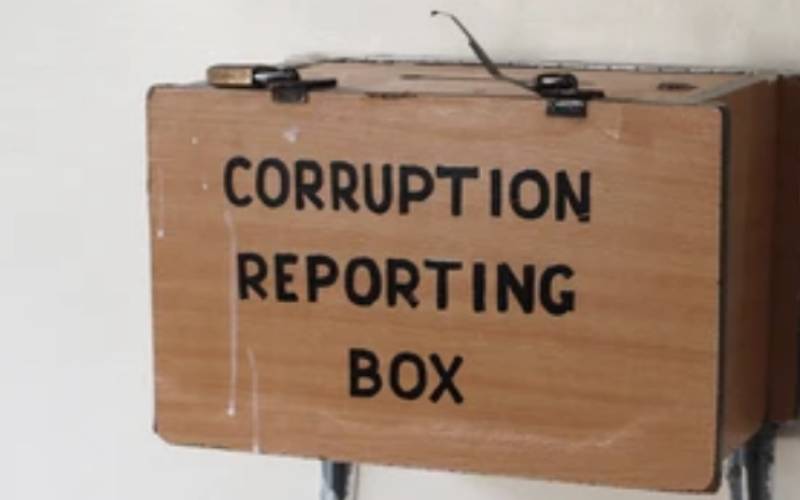×
The Standard e-Paper
Stay Informed, Even Offline

Planning introduces transparency and ties our hands at all stages of implementation. [Courtesy]
Talk is cheap. Ahead of next year’s election politicians are likely to promise the heavens, often without a care for the facts. Voters should push back and ask for details.